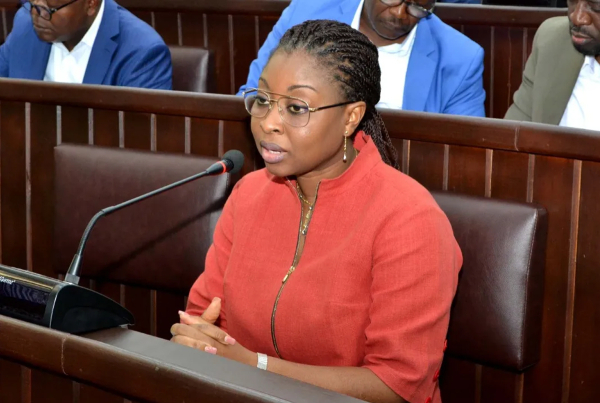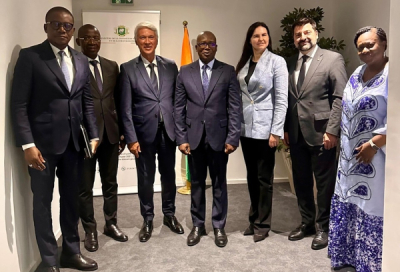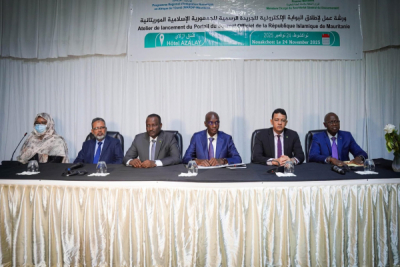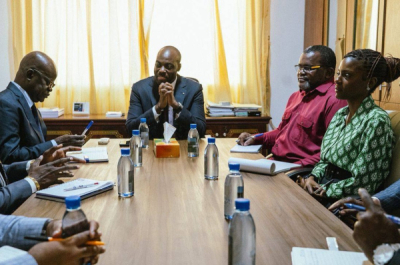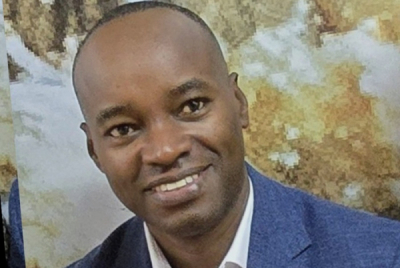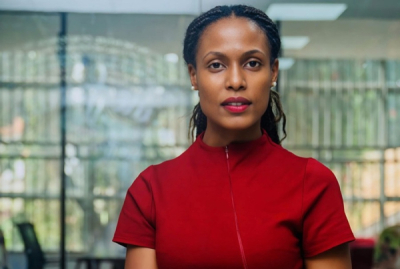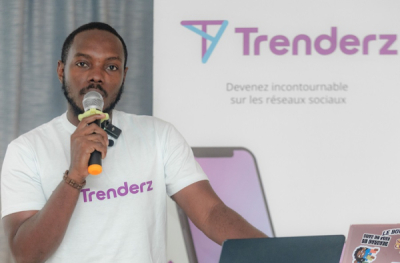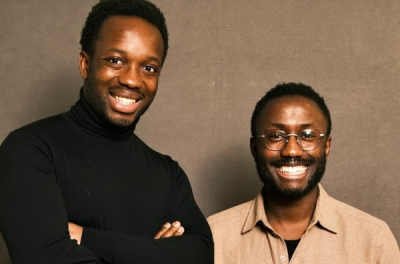-
Benin set a 2026 digital budget of CFA27.2 billion ($48 million), down 6.32% from 2025 due to a 12.22% drop in external financing.
-
The government will still fund major initiatives, in cluding AI integration in public services, nationwide high-speed coverage, and the launch of a national digital-skills school.
-
The GSMA estimates that Benin’s digital economy could add CFA1,200 billion to GDP by 2028 and create over 300,000 jobs.
Benin reduced its 2026 digital budget despite expanding ambitions for nationwide digital transformation. The government attributes the decline mainly to a 12.22% drop in external financing, even as it seeks to widen access to digital services and strengthen inclusion across the country.
Digital and Digitalisation Minister Aurélie Adam Soulé Zoumarou presented on 25 November a planned allocation of CFA27.2 billion (US$48 million) to the National Assembly’s budget commission. The figure marks a 6.32% decrease from the CFA29.034 billion approved for 2025.
The 2026 proposal includes CFA9.7 billion in operating expenses and CFA17.4 billion in capital spending.
The budget distributes resources across three main programmes. Piloting and Support receives CFA2.1 billion to improve ministry performance and provide backing to the digital, digitisation and media sectors. The Digital Programme, allocated CFA12.3 billion, aims to promote nationwide digital transformation.The Media Programme, with CFA12.6 billion, targets audiovisual modernisation, improved access to quality information, upgrades to public media and continued deployment of digital terrestrial television (DTT).
The ministry highlights several strategic priorities, including the progressive integration of artificial intelligence into public administration and priority sectors. It also positions digital-divide reduction as a central goal through extended high-speed connectivity initiatives.
Authorities expect additional investments to improve access to digital equipment and strengthen the population’s digital skills.
The project outlines the development of an École des métiers du numérique, which will train specialised talent such as developers, network administrators, cybersecurity experts and data analysts. The facility aims to support a competitive, skilled digital workforce.
The 2026 programmes complement several projects already launched, including Phase 2 of the nationwide high- and ultra-high-speed broadband rollout, the SMART GOUV initiative to digitalise public administration, and the digital transformation of local governments.
The GSMA reports that Benin’s digital economy—supported by mobile connectivity and digital services—could generate CFA1,200 billion in additional GDP by 2028, create over 300,000 jobs and raise CFA150 billion in extra fiscal revenue.
This article was initially published in French by Samira Njoya
Adapted in English by Ange Jason Quenum


